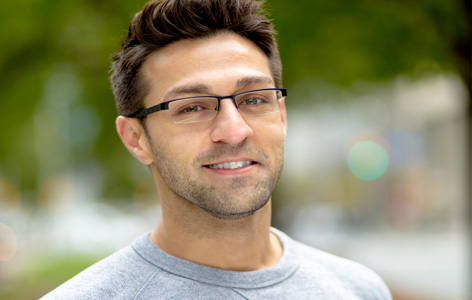
Conference: Canadian Traumatic Brain Injury Research Consortium (CTRC). Lake Louise, Alberta. January 23-25, 2019.
Conference Highlight: Normally at conferences, you present your findings and are the expert. At the CTRC meeting, you present your ideas and get valuable feedback from experts.
Conference Summary: I was fortunate to attend the annual meeting of the Canadian Traumatic Brain Injury Research Consortium (CTRC) held at Lake Louise, Alberta between January 23-25, 2019. Normally at conferences, you present your findings and are the expert. At the CTRC meeting, you present your ideas and get valuable feedback from experts. This is exactly what I did.
On behalf of my team at TRI (Brain Discovery and Recovery) and in collaboration with our study partners in Vancouver, I presented updates on our study entitled Offsetting Hippocampal Degeneration in Moderate-Severe Traumatic Brain Injury. In this novel web-based intervention, people with traumatic brain injury (TBI) are stimulating their hippocampi by engaging in challenging spatial navigation tasks. The study is currently in the recruitment phase, but this is where we shared some of our challenges. It was like having 160+ committee members who were all focused on providing feedback to solve our problems. I was overwhelmed with the amount of feedback that I received.
Some of the notable talks included assessments that used robotics to measure subtle lapses in attention following a concussion, interventions that included exercise and repetitive transcranial magnetic stimulation (rTMS) to reduce symptom persistence, and other large scale and high-funded studies that were aimed at assessing, educating, and ultimately reducing symptoms following sports-related concussion in children. An overarching theme that I noticed was the implementation of technology and machine learning analytics when capturing or sorting through the data. This was aligned with our recent inclusion of an activity monitoring device, in addition to traditional questionnaires, along with my personal interests of leveraging technology in neuropsychological assessments.
I am grateful for the ORT to financially support my attendance as it provided me with useful feedback on my current study, unique insights into the trends in TBI research, along with invaluable networking opportunities with the leading minds across Canada.




